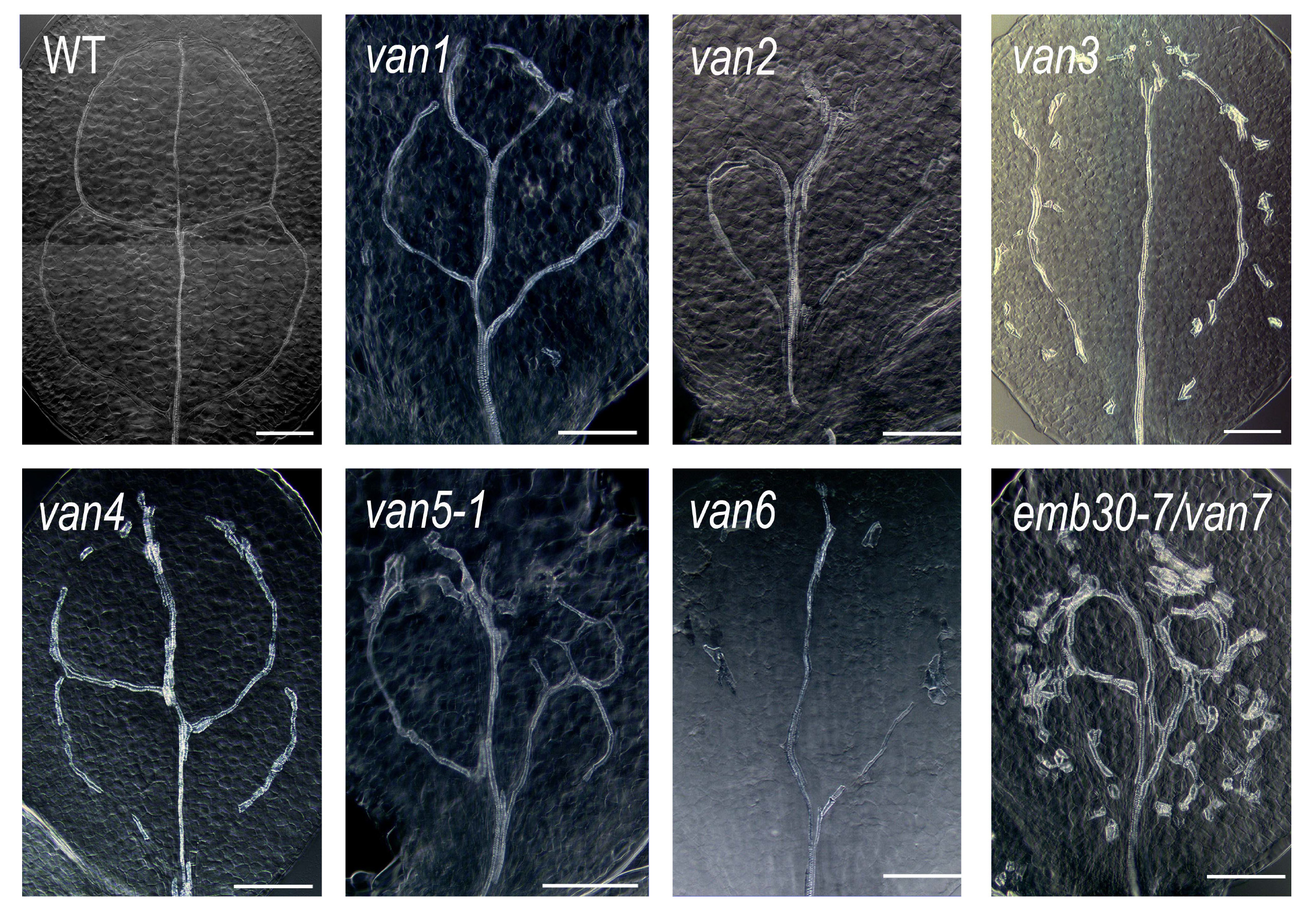How do plants differ from animals?
Why do plants have totipotent cells and remarkable regenerative abilities? How do plant cells avoid becoming cancerous, despite their ability to keep dividing infinitely? Can we find a way to apply the hidden potential of plant cells to our animal cells?
Plants support the ecosystem of Earth as primary producers, provide healthful food and healing compounds, and are our indispensable partners. How do plants sense, respond and grow based on changes in their surroundings? How does evolution change their developmental programs and environment adaptation mechanisms? How will plants change in the future?
Our research approaches these question from various angles to examine the control of plant cell proliferation and differentiation and the remarkable abilities of plants to adapt to their environments. We endeavor to find how plants regulate their cell proliferation and specialization to control cell fate. We also endeavor to discover how plants tolerate environmental stresses and to shed light on the crosstalk between plant development and environmental responses. One important goal of studying this crosstalk is developing improved crop plants that can grow well, even in hostile environments.
Our plant research will prove useful in solving some of the problems we currently face as a society, including the need to feed all the people on this planet we share. The members of our group enjoy a fulfilling life as researchers with like-minded friends, and build a foundation for their scientific abilities, career development, and ability to help improve plants, and to help society.
Here, we list our research themes in progress, including possible themes, many of which have deep reciprocal connections to each other.
1. Investigate control mechanisms of plant proliferation, differentiation, regeneration and totipotency:
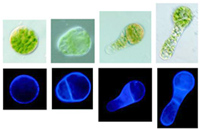
- Examining plant cell polarity, the mechanisms of asymetric cell division, and the mechanisms of asymmetric distribution of proteins.
- Examining the functions of a small G protein signaling factor that controls cell polarity, novel, cell polarity landmark factors and transcription factors that control cell polarity.
- Studying the molecular mechanism by which the extracellular matrix of cell wall proteins, links to the internal cytoskeletons and controls the cell morphology and polarity and examining the roles of vacuoles in cell polarity and asymmetric cell division.
- Finding the molecular mechanisms by which stress can disrupt cell polarity and cause switching between symmetric and asymmetric cell divisions.
- Uncovering molecular mechanisms of cell proliferation and differentiation, based on visualization of cell cycle progression and functional analysis of plant-specific cell cycle regulators.
- Revealing the relationships of chromatin structure, stem cell formation and cell differentiation.
- Studying stem cell formation, and stem cell maintenance mechanisms, plant cell indeterminate growth, and mechanisms of totipotency.
2. Explore the mechanism of multicellularity:
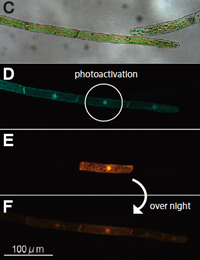
- Examining intercellular communication mediated by the symplasmic connection via plasmodesmata, using microinjection and a photoconverting fluorescent protein.
- Molecular screening for control of intercellular communication mediated by the size exclusion limit of plasmodesmata.
- Researching the molecular mechanisms underlying the dynamic fluctuations of intercellular communication in response to environmental stress.
- Researching the molecular mechanisms for transmission of external signals to the cell from the cell wall proteins in the extra-cellular matrix.
3. Unravel the evolutionarily diverse mechanisms of plant morphology:
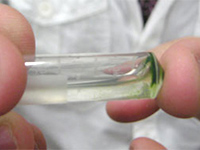
- Examining the evolution of plant hormone signaling, including the abscisic acid and auxin signaling networks.
- Studying the evolutionary diversity of shoot morphology and auxin polar transport
- Researching the diversity of developmental regulation in different generations, including cell cycle control universality and diversity in sporophytes and gametophytes
4. Examine the crosstalk between environmental responses and developmental programs – aiming to develop plants that grow well in extreme environments:
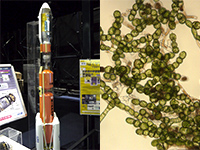
- Examining abscisic acid signal, cell cycle, proliferation and differentiation control programs.
- Studying the molecular mechanisms of cell cycle factors for controlling stress responses and responding to environmental information.
- Researching the switch in between asymmetric and symmetric cell division in response to environmental stress and the resulting cell fate transformations.
- Studying the growth and environmental responses of plants in the microgravity environment of space, including analysis of the effects of microgravity and high gravity on growth, morphogenesis and photosynthesis.
- Understanding the molecular mechanisms for resistance of UV radiation, and the plant responses to cosmic radiation.
- Examining the drought-resistance mechanisms of brood cells to clarify the molecular-level differences between brood and normal cells.
- Examining the responses of plants exhibit to music, and, perhaps even to love.
5. Investigate the physiologically active substances found in mosses:
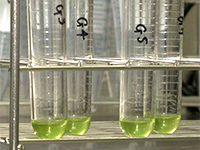
- Investigating antibacterial, antitumor and aroma components of mosses.
- Searching for beneficial uses for key moss bioactive compounds in medicine and other applications.
6. Mechanisms of cell and tissue polarity formation
 Please feel free to contact us with any inquires relating to clarifying the mysterious and wonderful abilities of plants and plant cells.
Please feel free to contact us with any inquires relating to clarifying the mysterious and wonderful abilities of plants and plant cells.
![Tomomichi Fujita Laboratory, Hokkaido University [ Plant Evolutionary and Developmental Biology ]](https://www.sci.hokudai.ac.jp/PlantSUGOIne_en/wp-content/themes/fujitalab-en/img/header-title.png)

